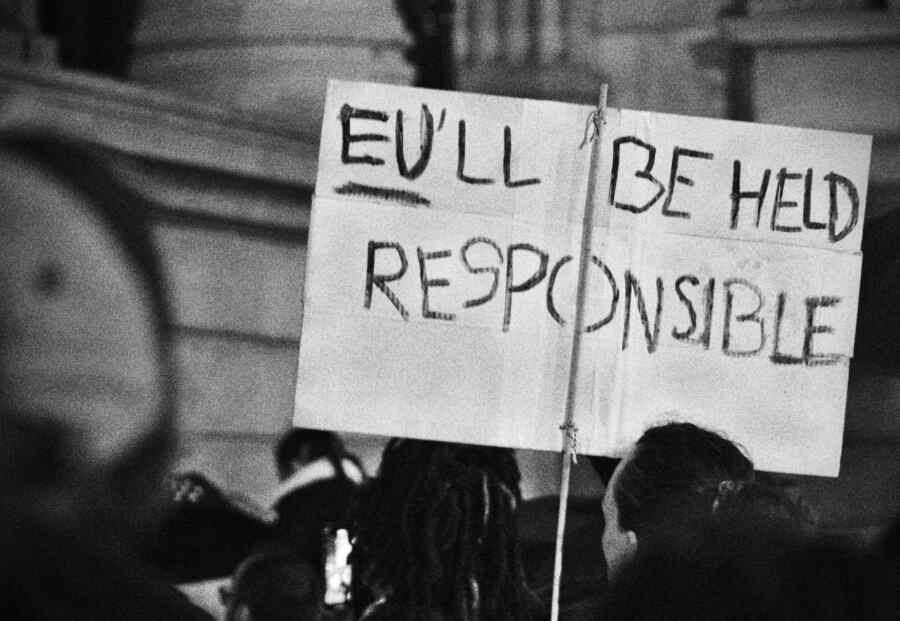EU diplomatic chief Josep Borrell has admitted that the West hypocritically adheres to “double standards” on international law, the conflict between Russia, Ukraine and NATO, Israel’s bombing of the Gaza Strip and the US invasion of Iraq.
European Union High Representative for Foreign Affairs and Security Policy Josep Borrel recognised that the West is hypocritical in its “double standards”. Borrel stated that “diplomacy is the art of managing double standards.”
The EU chief diplomat cited international law, the conflict between Russia, Ukraine and NATO, Israel’s bombing of the Gaza Strip and the US invasion of Iraq as examples of the West’s hypocrisy.
“Wherever I go, I face accusations of double standards,” Borrell recalled. “I used to tell my ambassadors that diplomacy is the art of managing double standards. Of course it’s not easy, but that’s the point: to manage double standards.”
The EU foreign policy chief made these clarifications during a speech at Oxford University in May. The EU Diplomatic Service has published a transcript of his speech. (Some of the wording in the transcript is slightly different because the website edited Borrell’s comments to correct grammatical errors).
“EU’s ‘double standards’ on international law, Israel-Palestine, Ukraine, Iraq
International humanitarian law “should be the best defence against the normalisation of the use of force that we are seeing around the world,” Borrell argued.
He recognised that Europe was hypocritical on this issue: ‘I know, however, that in order to unite the world around these principles, we have to show that we Europeans respect them always and everywhere. Do we do so? Well, not to the extent that we should. And that’s a problem for Europe.”
“The world has not forgotten the war in Iraq,” Borrell continued, noting that some European countries joined the US-led invasion, which UN Secretary General Kofi Annan said clearly violated international law.
The EU has also been deeply critical of Israel and Palestine, the foreign policy chief acknowledged.
“What is happening now in Gaza has presented Europe in a light that many people just don’t understand,” Borrell said. “They have seen our quick engagement and determination in supporting Ukraine and are surprised at how we feel about what is happening in Palestine.”
“When foreign countries look at Europe,” he admitted, “they get the impression that the value of civilian life in Ukraine is not the same as in Gaza, where more than 34,000 people have died, most others are displaced, [where] children are starving, and humanitarian support [is] hampered.
“And we get the impression that we care less when UN Security Council resolutions are violated, as is the case with Israel regarding settlements, [than] when Russia violates them,” Borrell added.
“If we call something a ‘war crime’ in one place, we should call it by the same name when it happens elsewhere,” the top EU diplomat urged. “One horror cannot justify another.”

